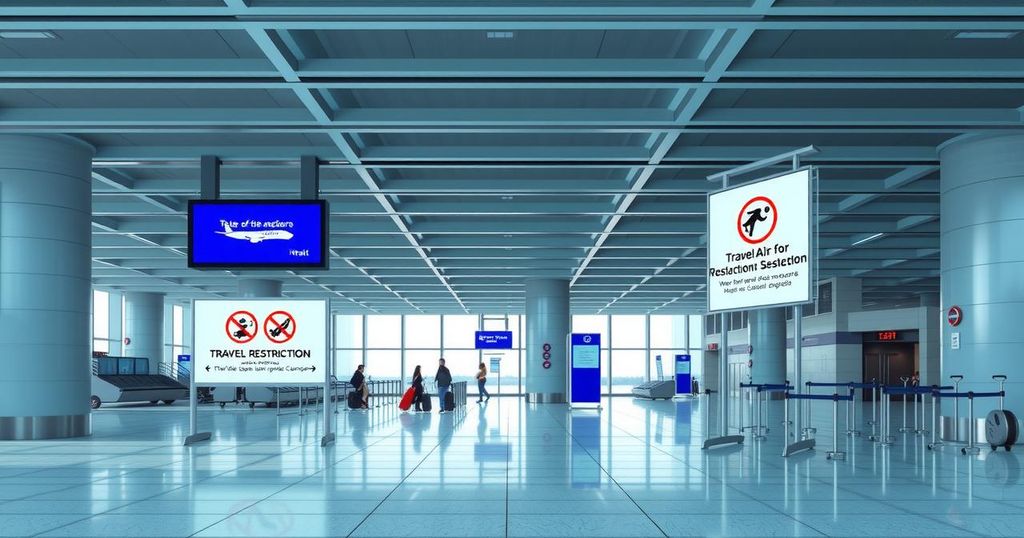Tourist Denied Exit at Costa Rica Airport Due to Yellow Fever Vaccine Rules

A Peruvian tourist was barred from leaving Costa Rica due to a lack of yellow fever vaccination. The rule is aimed at preventing yellow fever outbreaks in the country. A Paraguayan senior citizen faced a similar issue at the airport. The incidents expose a nationwide vaccine shortage, prompting calls for regulatory adjustments. Authorities launched a vaccination campaign, but resolution remains uncertain.
In a significant case at Juan Santamaría International Airport, a Peruvian tourist was denied exit due to not possessing a yellow fever vaccination. Minister of Health Mary Munive explained the regulations, indicating: “He planned a day visit to see a friend before flying onward. Transit passengers staying in the airport are exempt, but leaving requires the vaccine. He was told, ‘Comply or stay,’ and chose to stay.” This rule is implemented to protect Costa Rica from potential yellow fever cases, maintaining its status as a tropical nation free from the disease.
Similarly, a Paraguayan traveler over 60 years old faced denial when attempting to enter Costa Rica for San José’s annual book fair because he lacked the required vaccination certificate. Munive noted, “In South America, seniors over 60 are often exempt from the vaccine and don’t receive certificates. Without it, he couldn’t proceed, risking delays.” Costa Rica is in the process of refining its vaccination rules, mandatory for travelers from Peru, Paraguay, Brazil, and other high-risk countries.
The incidents have highlighted a national shortage of yellow fever vaccines, exacerbated by global supply chain issues and a rise in cases across the Americas, with 14 reported in 2025, as stated by PAHO/WHO. The Costa Rican Association of Travel Agencies (ACAV) and the National Chamber of Tourism (Canatur) have urged the Ministry to suspend the vaccination decree until sufficient vaccine doses are available, asserting that “The shortage makes compliance impossible, threatening travelers and our $4 billion tourism industry,” remarked Canatur’s Shirley Calvo. To address this, the Ministry initiated a border vaccination campaign along with a digital certificate system on March 11, 2025, although a complete resolution remains uncertain.
Minister Munive emphasized the importance of adaptability as Costa Rica navigates the delicate balance between public health and tourism. With a high volume of travelers from risk areas, it is essential to ensure clear communication and accessibility to vaccines to prevent further disruptions in the tourism sector.
The denial of entry to tourists in Costa Rica due to yellow fever vaccination requirements underscores the importance of public health measures in safeguarding the nation from imported diseases. The current vaccine shortage raises considerable challenges for compliance, particularly for travelers from high-risk countries. The government’s initiative to launch vaccination campaigns and improve communication will be essential for maintaining Costa Rica’s tourism industry amid these regulations.
Original Source: ticotimes.net








